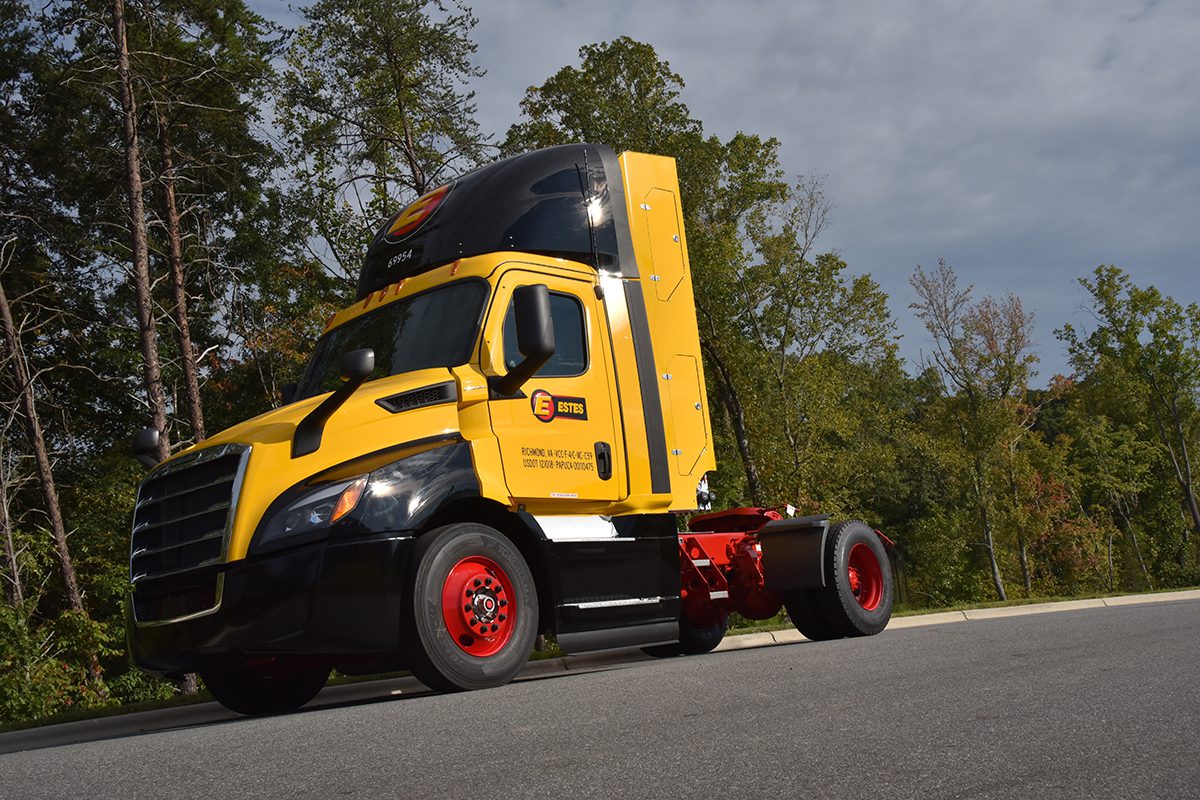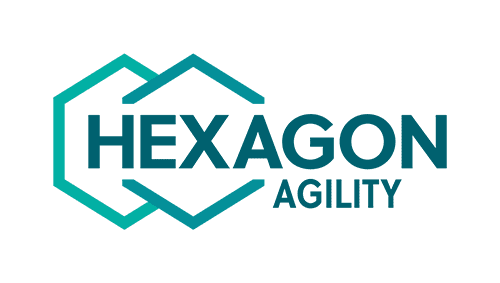The unpredictable cost of diesel and the movement towards reducing emissions in the transportation sector has motivated fleets to search for dependable alternatives, with many looking to natural gas as a cost-effective, cleaner and stable option. There are several factors that go into calculating a fleet’s total cost of ownership, with fuel usually topping the list.
While there is more than one option to reduce emissions for fleets, compressed natural gas (CNG) has a long-standing presence in the heavy duty sector. The demands related to cost, range, and performance have long been met by this clean-burning fuel, and the emission reductions are furthered by the addition of renewable natural gas (RNG), which has been deemed the only carbon negative fuel currently available, meaning that it actually slows down climate change. It is no wonder some of the nation’s leading fleets are achieving and often exceeding their stated emission-reduction goals with non-fossil RNG and CNG .
RNG: Taking the National Stage
Recognized nationally as a leader in fleet sustainability, Estes Express Lines has made it more than a mission to reduce emissions — it’s a culture. Aside from being one of the first freight carriers to join the EPA’s SmartWay Transport Partnership, Estes’ leadership group has worked tirelessly to cut emissions through the use of the most efficient trucks available, and leveraging the double-green benefits of RNG.
Currently, Estes is running more than 190 RNG-powered tractors within its fleet, with many of these trucks fueled by Hexagon Agility’s 175 diesel gallon equivalent ProCab RNG fuel systems, enabling an up to 800 mile range per fill up. The carrier also signed a fuel supply agreement to use RNG made from organic waste.
“RNG is enabling us to drive towards carbon-negative performance while reducing costs in our LTL operations. With Hexagon Agility’s extensive expertise, we are fortunate to have them as our partner to help meet our sustainability goals,” said Michael Palmer, Estes vice president of fleet services.
All-in on Natural Gas
Starting in 1985 with a single truck, Contract Transport Services (CTS) has grown to a fleet of more than 150 trucks, all of which run on natural gas. The company began using CNG in 2012 as a requirement of a contract that was up for bid. While the team first estimated that the change would add three cents more per mile in terms of maintenance costs and offer a more limited range, CTS decided to move forward and bid on the CNG contract lane.
Fast forward a decade, and the carrier now runs 100% on natural gas, recently shifting to RNG to lower their emissions even further. Although the cost of natural gas trucks is higher than their diesel counterparts, CTS has seen its total cost of ownership drop because of the lower fuel spend. And by working closely with Hexagon Agility, the CTS team has seen even higher savings with the implementation of a solid maintenance program.
“The difference in cost between a diesel day cab truck and a CNG of comparable specs and range is roughly $50,000 to $55,000. At today’s fuel prices you can expect to save roughly $20,000 annually versus diesel, so the basic economics really make sense,” explained Curt Reitz, president of CTS. “Additionally, we are finding we can refurbish and reuse the fuel system on a second truck. With the fuel system being a significant portion of the cost difference, the economics are even more compelling. Add on the use of RNG, which is either carbon neutral or even carbon negative and we are doing something great for our fleet and our customers in terms of carbon reductions, too.”



